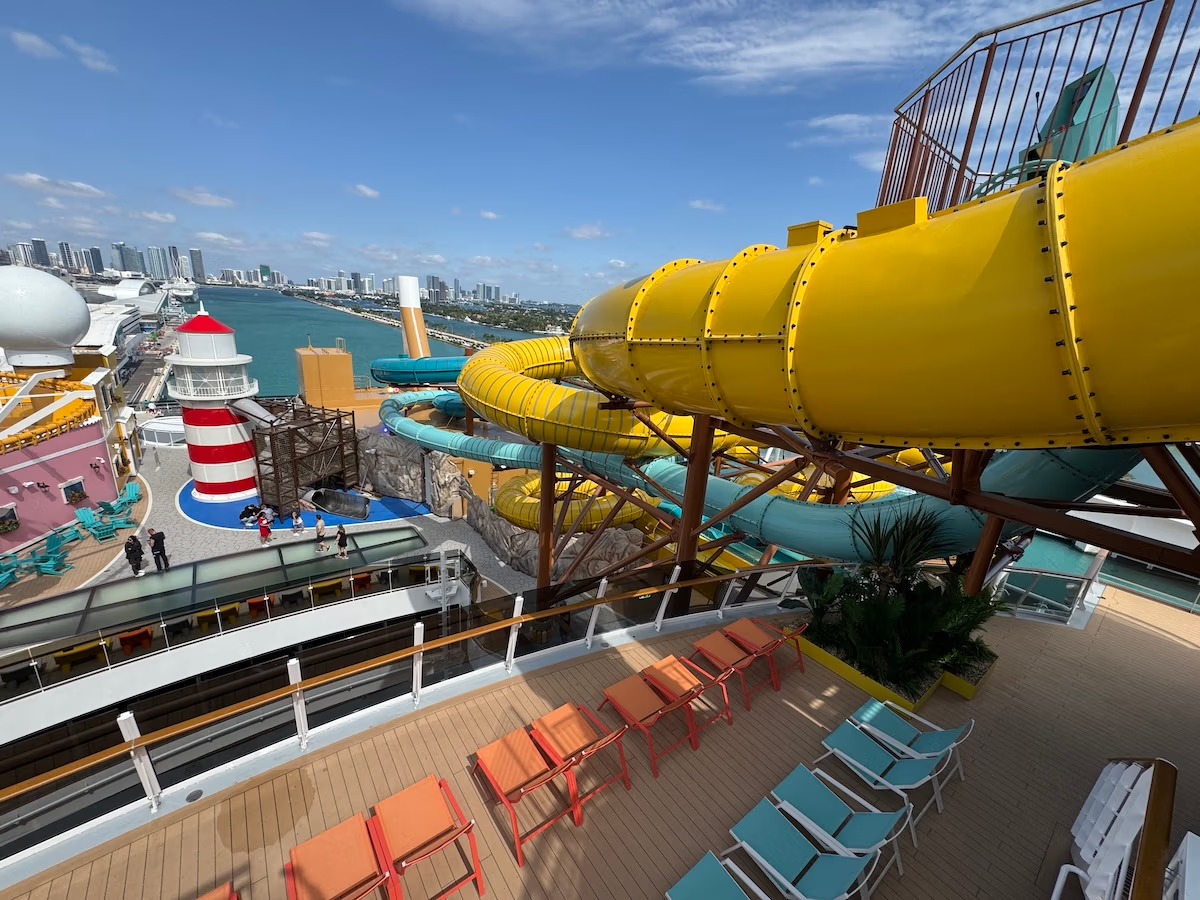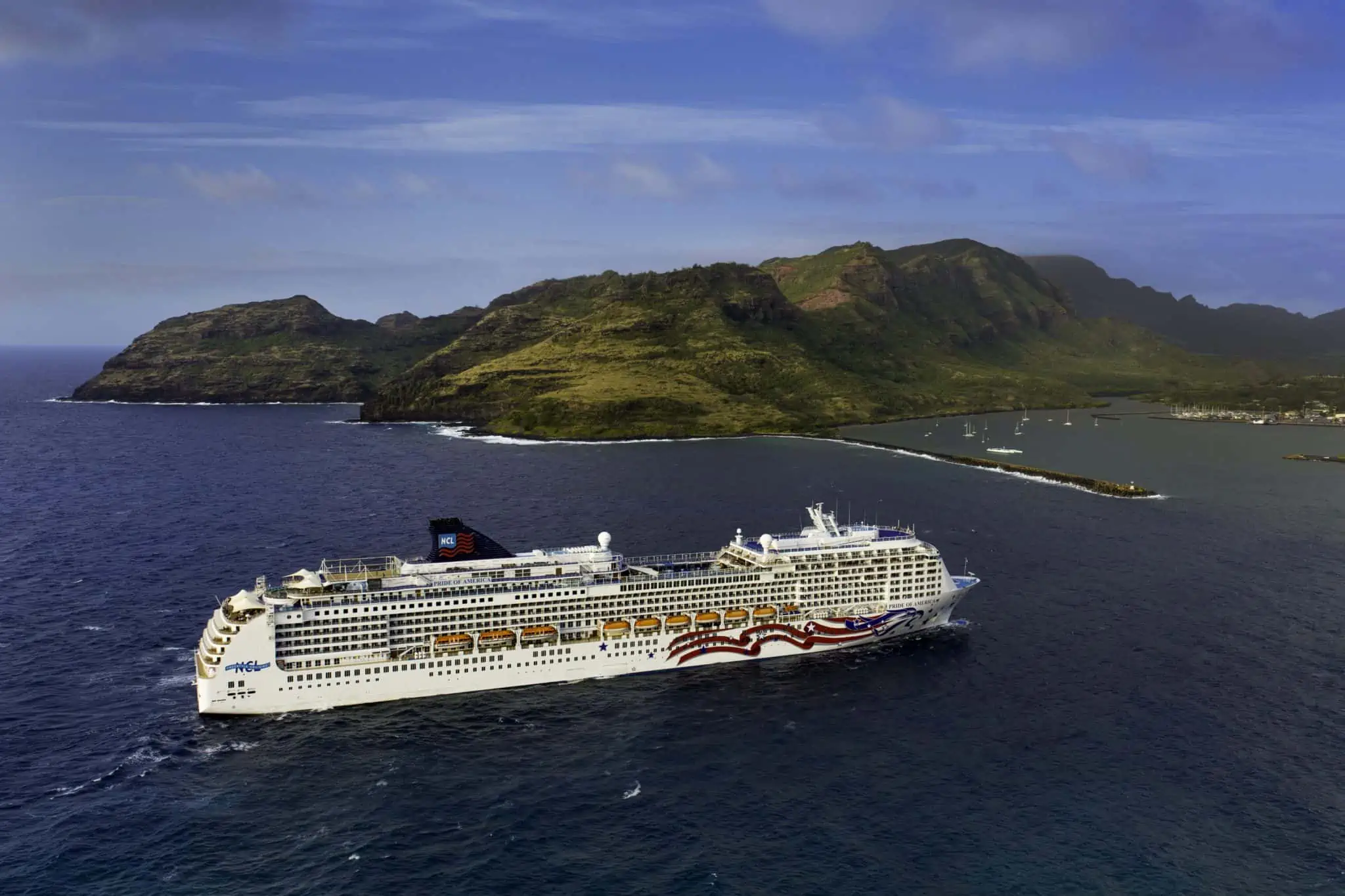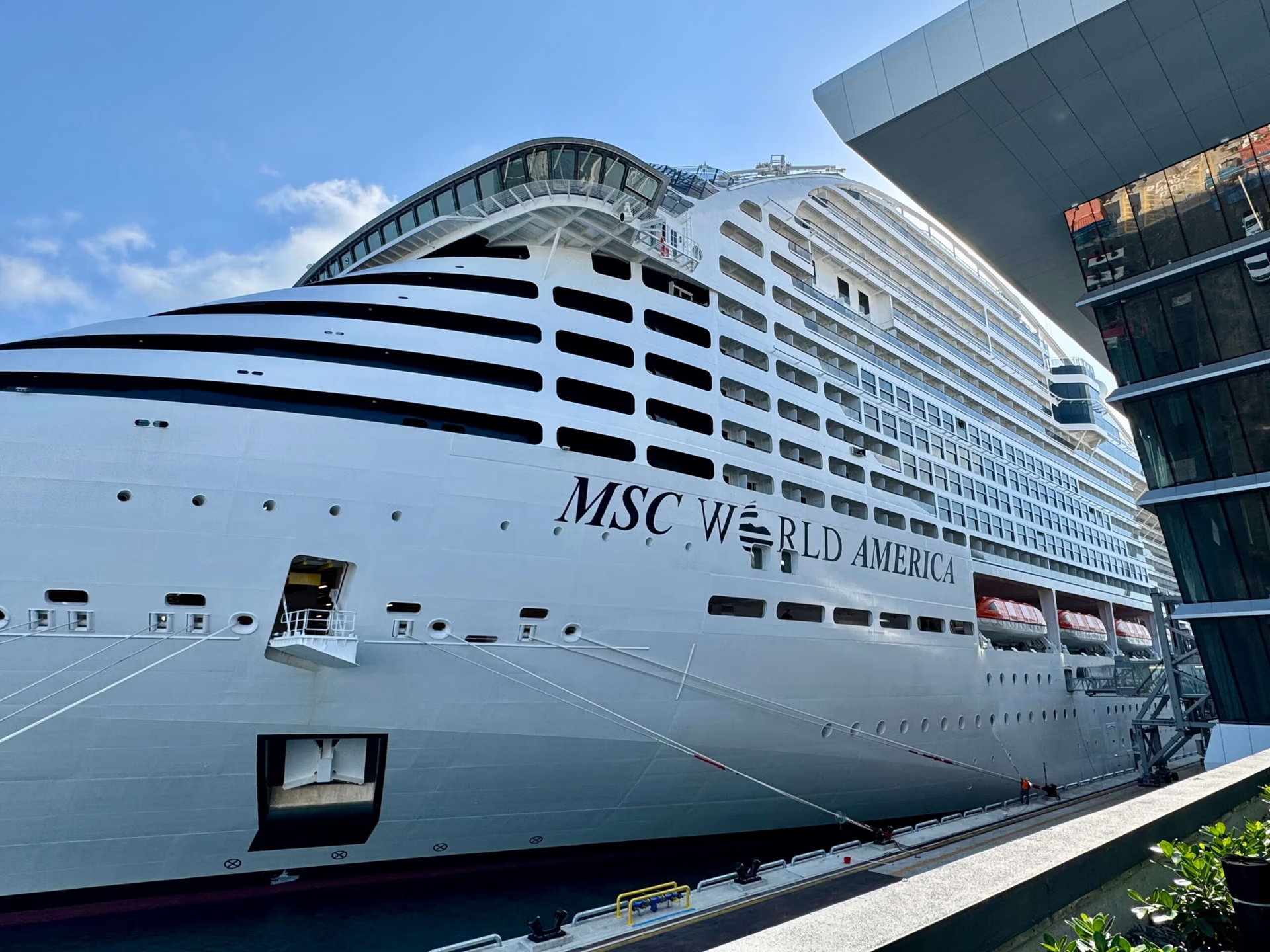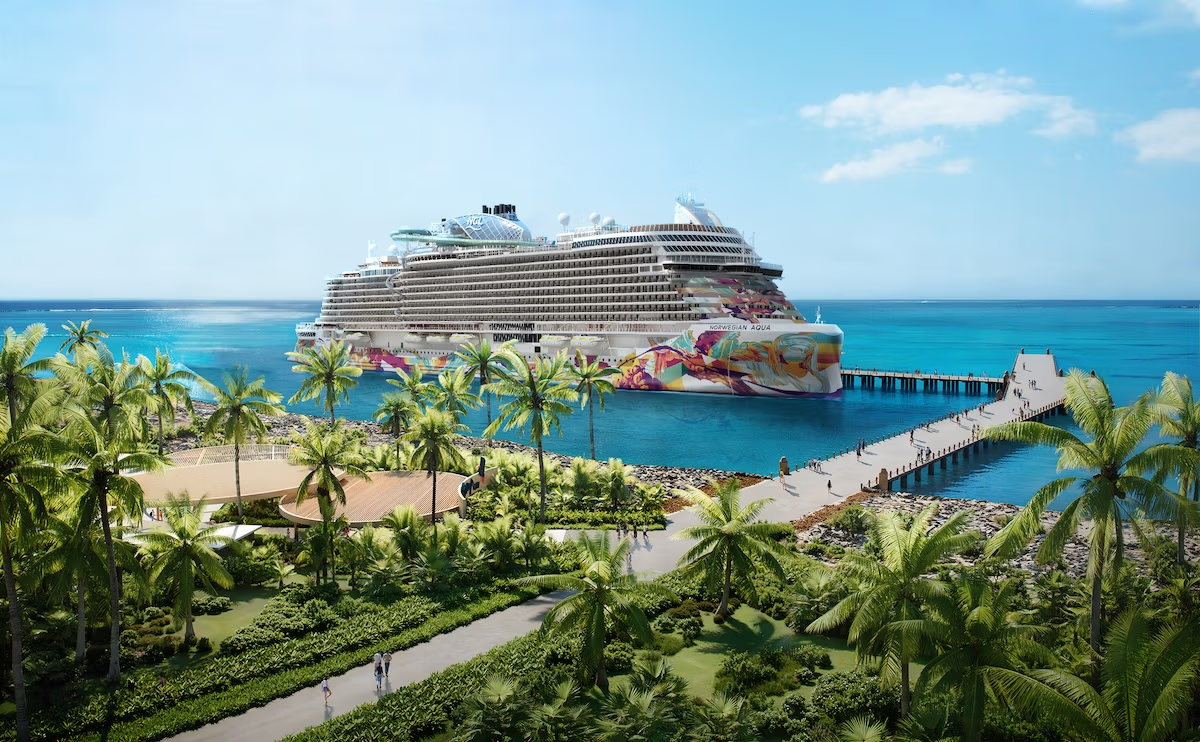Thousands of longshoremen from all over Florida went on strike on Tuesday at 12:01 a.m. after labor negotiations reached a standstill.
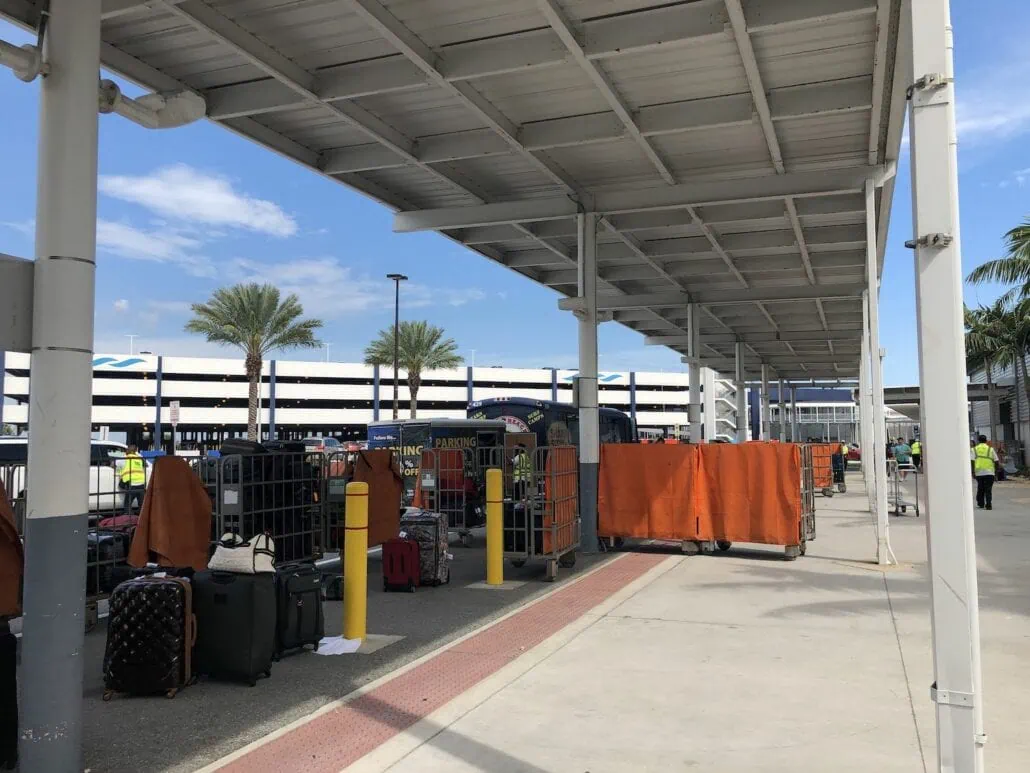
According to local news outlet NBC6 figures, around 45,000 workers from US ports are clamoring for higher wages, job security amid automation, and better health benefits.
The protests can potentially cripple the region’s supply chain but the labor union behind them, the International Longshoremen’s Association (ILA), assured the public that it has no intention of affecting cruise operations and that dock employees will continue serving cruise ports and vessels.
Cruises Not Impacted By Longshoremen Strike
This includes the southern state’s five cruise ports: Port Canaveral, Port Miami, Port Everglades, Tampa Bay, and Jacksonville, as well as other states from Maine to the Gulf Coast.
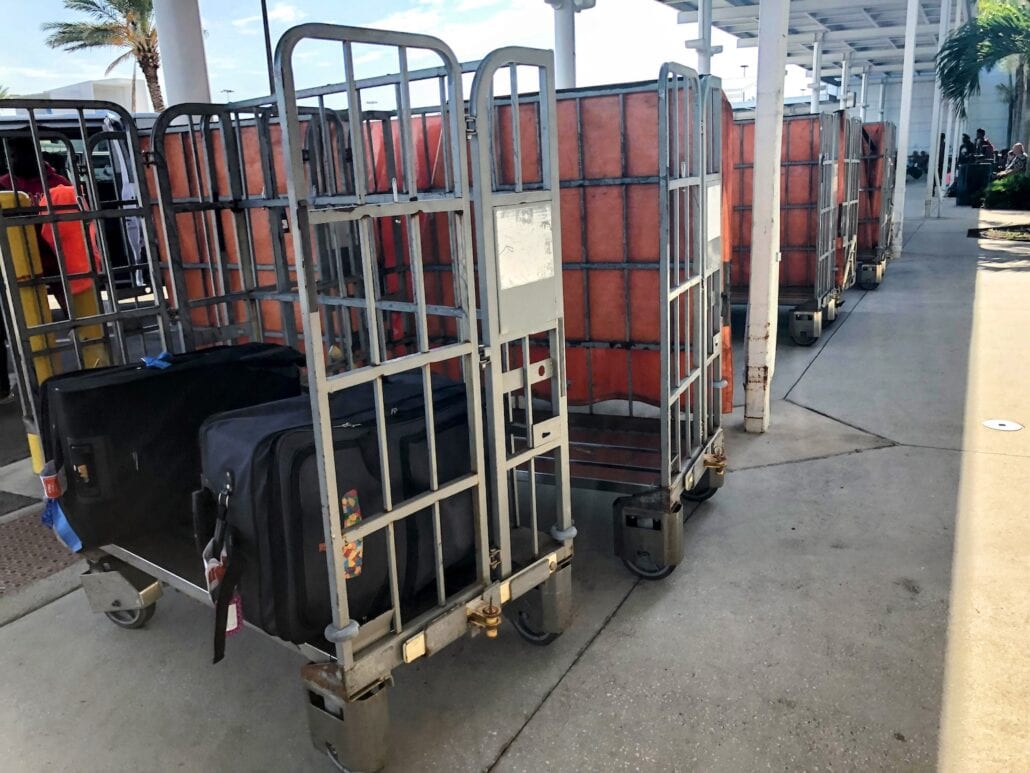
ILA President Harold Dagget informed Travel Weekly, “We understand that many families plan and pay for cruise vacations on passenger ships more than a year out, and we don’t want them to be disappointed or inconvenienced in any way.”
For reference, longshoremen handle cruise line baggage before it gets loaded onto the ships, tie up cruise ships, and handle operations on turn days.
Read: 7 Confessions of a Cruise Line Baggage Handler
It should be noted that baggage handling can be based on contractual agreements with the cruise lines. In many cases, these baggage handlers are unionized longshoremen responsible for loading passengers’ luggage onto the ship but could vary from port to port.
What Kind of Impact Will the Strikes Have?
Unfortunately, the same can’t be said for Florida’s cargo operations. Experts claim that if the strikes last longer than two weeks, retail goods will be in short supply and consumers will likely experience inflation.
The strikes affect 36 ports on the East and Gulf coasts. They are responsible for 57% of the nation’s container volume.
Think tank The Conference Board pointed out that one week of disrupted operations could mean an economic loss of $3.78 billion or $540 million daily.
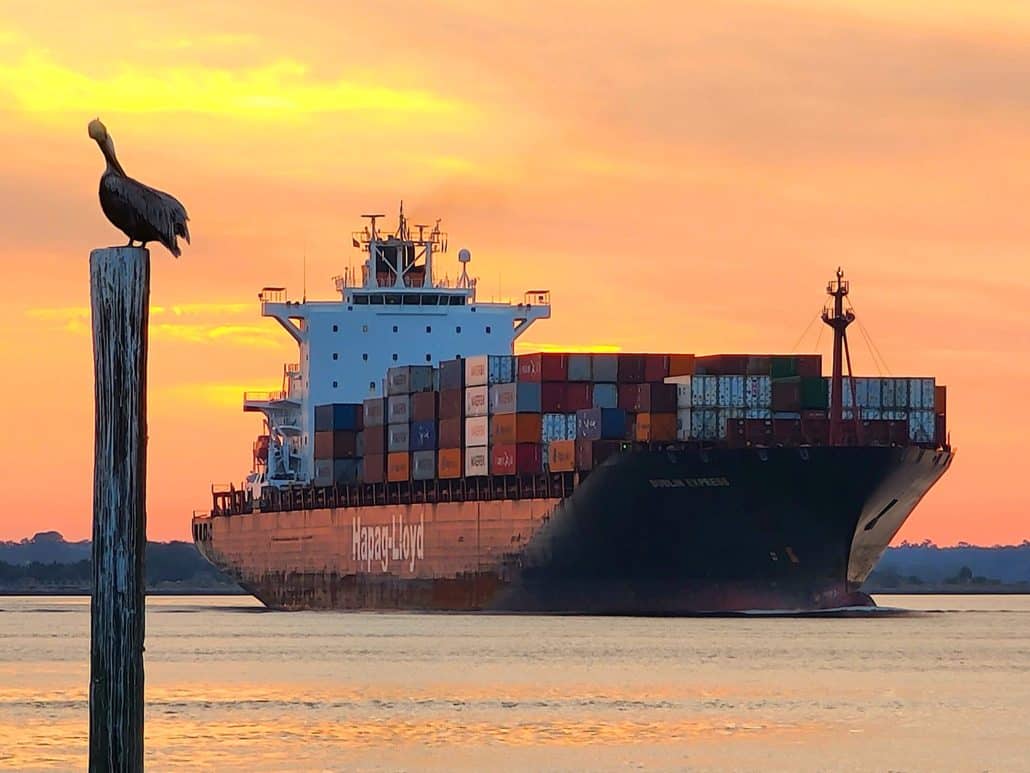
ILA had been negotiating a new six-year contract with the United States Maritime Alliance, a nonprofit representing terminal operators, port associations, and ocean container carriers. However, the two parties halted talks in June and have not resumed discussions.
Dagget added that workers are still trying to recover financially from the global maritime shutdown caused by the pandemic. He said many ILA members lost almost three years’ worth of work.
Florida is a vital hub for the cruise industry. Its ports hosted a record-breaking 19.4 million passengers in 2023, surpassing 2019’s high by more than 1 million.


